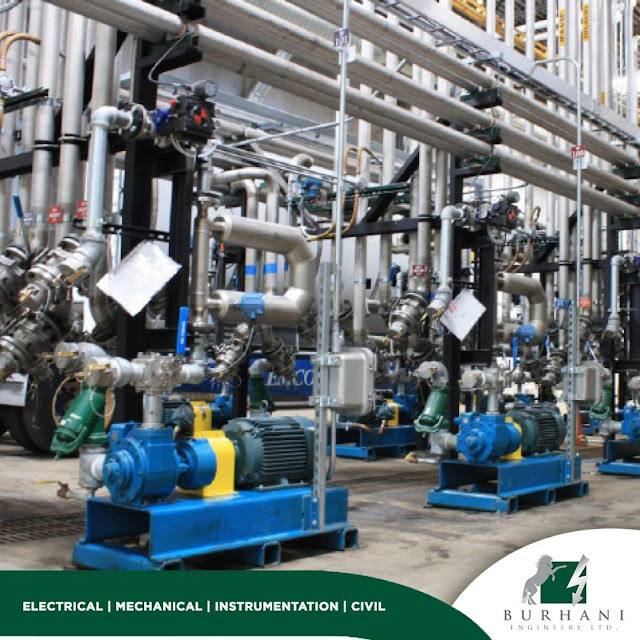8 Safety Aspects That Engineering Companies In Kenya Should Prioritize
Engineering companies need to adopt certain safety measures ranging from complying with local regulations and codes to providing personal protective equipment to workers. These preventive measures minimize the chances of accidents, injuries or litigations. Here, we share 8 of the safety measures that engineering companies in Kenya need to enforce while working on projects.
- Compliance with regulations:
Kenya has specific regulations set by bodies such as the National Construction Authority (NCA) and the Directorate of Occupational Safety and Health Services (DOSHS). Engineering companies must pay close attention to the rules laid down by these governing bodies. They should also keep abreast of all the latest updates in the regulations. Doing so ensures that the firms always work within the confines of the law. Complying with the regulations ensure maximum safety in operations too.
- Risk assessment and management:
To minimize accidents, engineering companies must assess the risks involved with a specific project. Predicting the challenges ahead enables them to take effective measures beforehand. It becomes much easier to manage the risks when engineering firms are aware of them and take preventive action.
- Site-specific safety plans:
Simply assessing the overall risks of a project is not enough. Each site of the project can come with its own challenges and safety concerns. Engineering companies must devote time and energy to come up with plans that address the risks in individual project sites. From drawing up emergency response strategies to creating a robust evacuation protocol, the entirety of the plan can enhance the overall safety for the project.
- Personal protective equipment (PPE):
Providing employees with appropriate personal protective equipment is paramount. Helmets, safety glasses, gloves, ear protection, and high-visibility clothing can significantly reduce the risk of injuries in various engineering environments. Also, electrical engineers who work in hazardous environments need to wear flame-resistant clothes that can protect them against electrical arcs or flash fires. In noisy environments, such as those with heavy machinery, hearing protection such as earplugs or earmuffs may be necessary.
- Machinery and equipment safety:
Proper maintenance and regular inspections of machinery and equipment are crucial to prevent malfunctions that could lead to accidents. Clear usage guidelines and training on equipment handling should also be provided.
- Electrical safety:
For engineering companies, electrical hazards are a significant concern. Adhering to proper wiring and grounding practices, using insulated tools, and implementing lockout/tagout procedures during maintenance can prevent electrical accidents.
- Staff training:
Engineering companies have to provide extensive training to their staff when it comes to conducting operations safely. This could be training on operating advanced machinery following proper safety guidelines or ensuring the maintenance of all safety protocols.
- Emergency response and first aid:
Engineering companies must have well-defined emergency response plans. Adequate first aid supplies, accessible fire extinguishers, and clear evacuation routes should be readily available at all project sites.
Looking for engineering firms in Nairobi?
Explore the engineering
services offered by Burhani Engineers. They are a reputed engineering firm in Kenya offering in-depth expertise and
services in the field of mechanical, civil and electrical engineering. They
also provide reliable instrumentation solutions. With over 46 years of
experience in this sector, the company has left a mark across numerous
projects.


Comments
Post a Comment